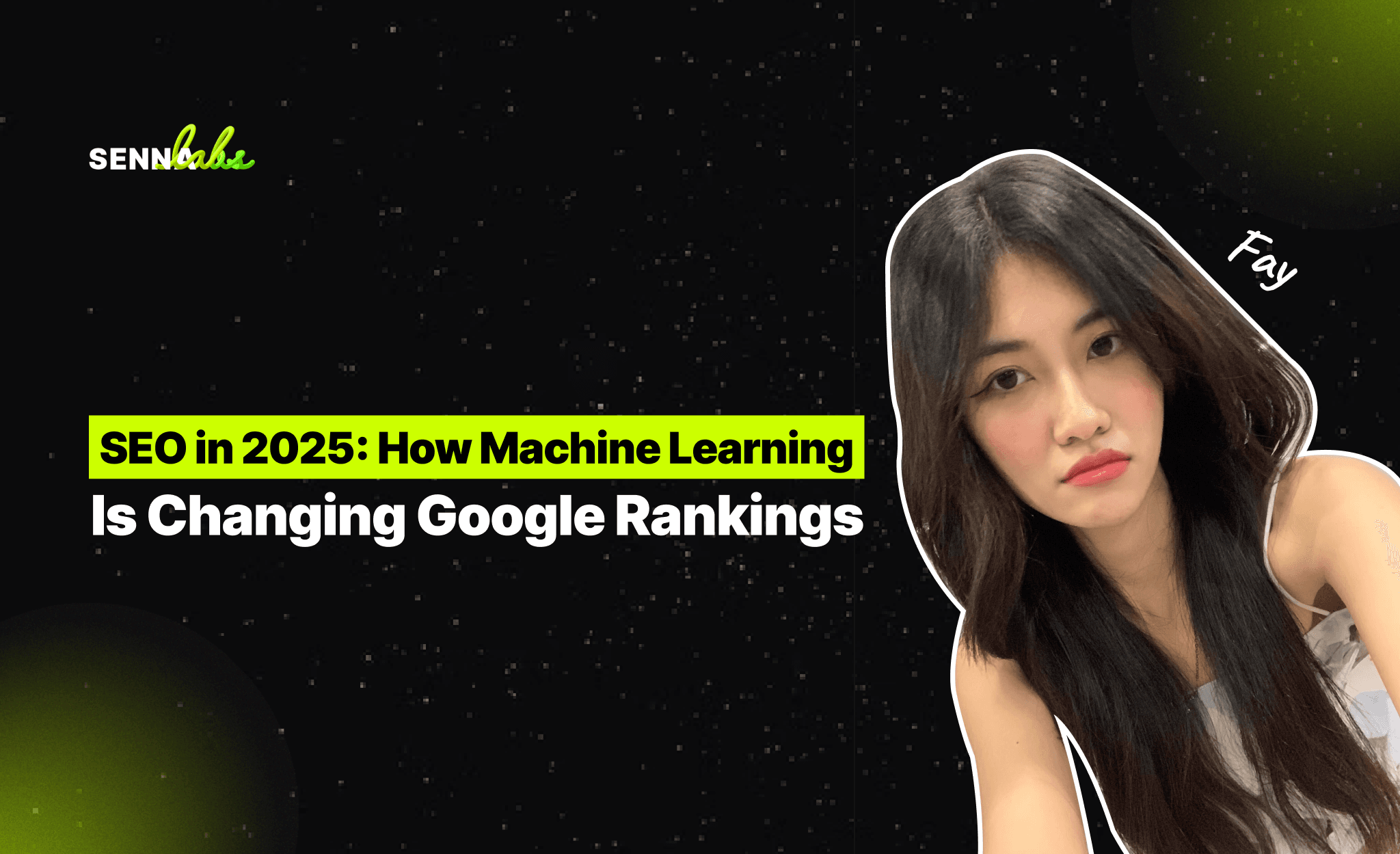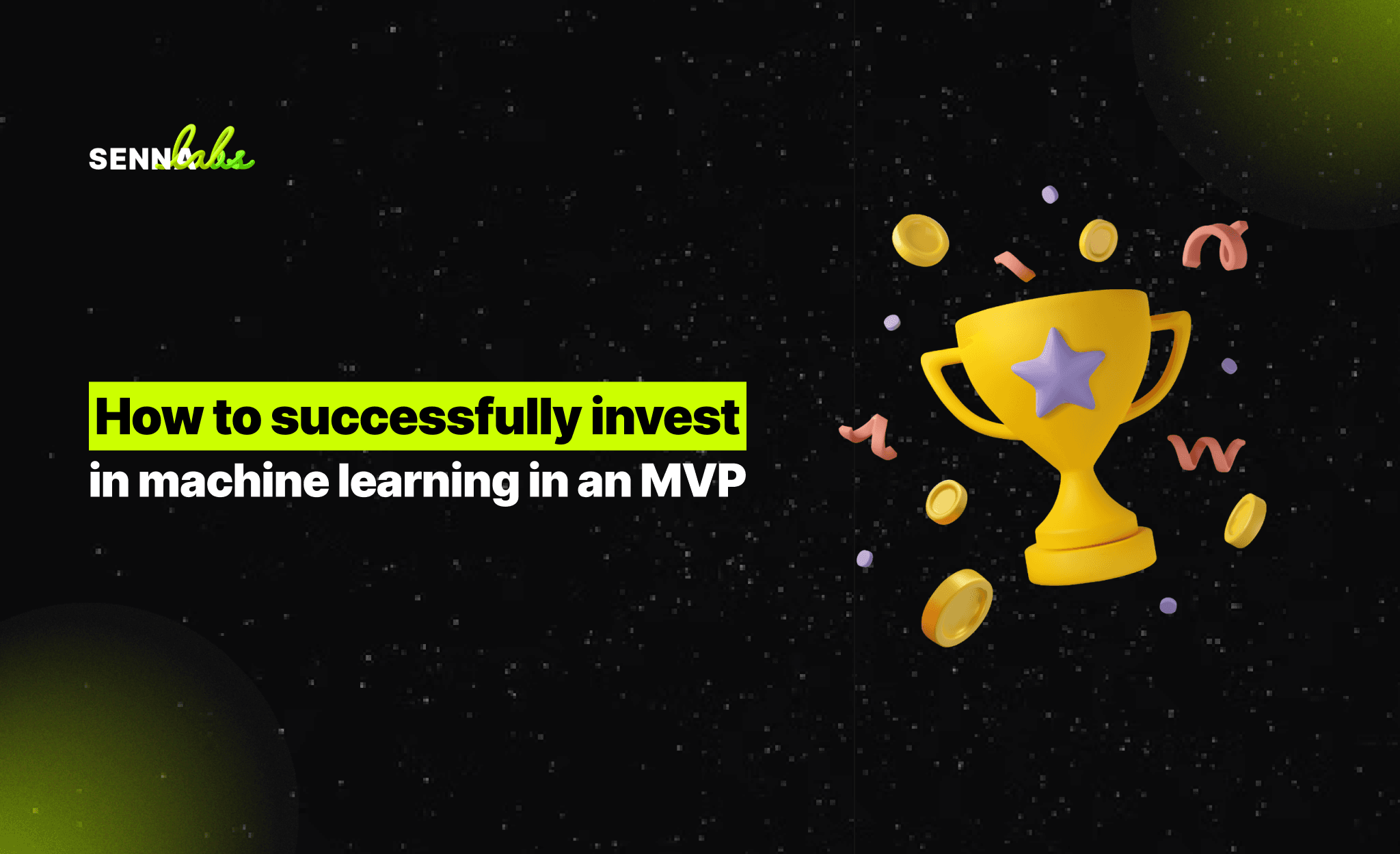SEO in 2025: How Machine Learning Is Changing Google Rankings
Share

Search Engine Optimization (SEO) is evolving rapidly as artificial intelligence (AI), machine learning, and big data play an increasingly important role in determining search rankings. Google’s algorithms are becoming more sophisticated, prioritizing search intent, user experience, and real-time content optimization over traditional keyword stuffing.
A prime example of this shift is Kamalaya Wellness Retreat, which leverages AI-powered SEO tools to dynamically optimize keywords and content based on user behavior. This strategy has helped improve organic rankings and enhance user engagement, proving that data-driven SEO is the future of search optimization.
This article explores how AI and data analytics are transforming SEO in 2025, key trends businesses must adopt, and how companies like Kamalaya are leveraging AI-driven SEO strategies to stay ahead.

1. The Evolution of SEO: From Keywords to AI-Driven Strategies
How SEO Has Changed Over the Years
|
Era |
Primary SEO Focus |
Key Technologies Used |
|
2010s |
Keyword Optimization, Backlinks |
Google PageRank, Manual Keyword Research |
|
2020s |
Mobile-First, User Experience (UX) |
Core Web Vitals, AI-Powered SEO Tools |
|
2025 |
AI & Machine Learning, Search Intent |
NLP (Natural Language Processing), Voice Search, Predictive SEO |
Traditional SEO relied heavily on keyword density, backlinks, and technical optimization. However, search engines now prioritize relevance, intent, and personalized experiences, requiring a data-driven approach to ranking well on Google.
2. Key AI-Driven SEO Trends in 2025
1) AI and Machine Learning for Real-Time SEO Optimization
-
AI tools like Surfer SEO, Clearscope, and MarketMuse analyze competitor content, search trends, and user behavior to suggest optimal keyword usage dynamically.
-
Google’s RankBrain and BERT algorithms use machine learning to interpret search intent, rather than just matching exact keywords.
2) Predictive SEO and Automated Content Recommendations
-
AI predicts future search trends based on user behavior and industry data.
-
Platforms like Frase and Outranking recommend real-time content updates to align with Google’s latest ranking factors.
3) Voice Search and Conversational AI SEO
-
More than 50% of all searches are now voice-based, requiring natural language-friendly content.
-
Optimizing for long-tail keywords and conversational queries improves rankings for voice search results.
4) Search Intent and Contextual Optimization
-
Google prioritizes search intent (informational, transactional, navigational) over exact match keywords.
-
Businesses must analyze user queries and structure content accordingly.
5) Core Web Vitals and User Experience as Ranking Factors
-
Google’s Core Web Vitals (LCP, FID, CLS) continue to influence rankings.
-
AI tools help optimize website speed, mobile performance, and user engagement.
3. Real Use Case: Kamalaya Wellness Retreat’s AI-Driven SEO Strategy
Challenge
Kamalaya Wellness Retreat, a luxury wellness resort, wanted to:
-
Improve organic search visibility for wellness retreats and holistic healing experiences.
-
Optimize content dynamically without manual keyword updates.
-
Increase user engagement by aligning content with real-time search trends.
Solution: AI-Powered SEO Tools
Kamalaya implemented AI-driven SEO tools to:
-
Analyze user search intent – AI identified emerging health and wellness topics.
-
Dynamically optimize content – AI suggested keyword placement, heading structures, and content improvements based on competitor analysis.
-
Improve technical SEO – AI-assisted page speed optimization and structured data implementation.
Results
-
Organic search traffic increased by 40% within six months.
-
User engagement improved by 35%, with longer session durations and lower bounce rates.
-
Conversion rates grew by 25%, as AI-driven personalization aligned content with visitor intent.
This case study highlights how AI-driven SEO tools can significantly enhance search performance and user experience.
4. How to Implement AI and Data-Driven SEO Strategies
Step 1: Use AI-Powered SEO Tools
-
Surfer SEO – Real-time keyword optimization and SERP analysis.
-
Clearscope – AI-powered content optimization based on search intent.
-
Frase – Automated content creation and SEO research.
Step 2: Focus on Search Intent Rather Than Just Keywords
-
Identify whether users are looking for information, making a purchase, or comparing products.
-
Structure content around FAQs, guides, and list-based articles to match user expectations.
Step 3: Optimize for Voice Search and Conversational SEO
-
Use long-tail keywords and natural language phrasing in content.
-
Implement FAQ schema to increase visibility in voice search results.
Step 4: Improve Core Web Vitals and Technical SEO
-
Optimize page load speed with CDNs and image compression.
-
Reduce Cumulative Layout Shift (CLS) by stabilizing UI elements.
-
Implement structured data (Schema Markup) to enhance search result snippets.
Step 5: Automate Content Refresh and Updates
-
AI tools like MarketMuse can track content performance and suggest updates based on ranking shifts.
-
Refresh content regularly to align with changing search trends.
5. Challenges and Considerations in AI-Driven SEO
1) AI Can Misinterpret Search Intent
-
AI-generated recommendations may lack human nuance, requiring editorial oversight.
2) Over-Optimization Risks
-
Relying too heavily on AI for keyword placement can lead to content that feels unnatural.
3) Data Privacy and Compliance Issues
-
AI-driven personalization must comply with GDPR and CCPA regulations regarding user data usage.
6. The Future of SEO in 2025 and Beyond
1) AI-Generated Content Will Evolve
-
AI tools like OpenAI’s GPT-4 will improve natural language writing, making AI-generated content more human-like.
2) Google’s Algorithm Will Focus More on User Experience
-
Websites with high engagement, fast loading, and structured content will rank higher.
3) Hyper-Personalized Search Experiences
-
AI-driven search will customize results based on user preferences, location, and behavior.
4) AI and Human Collaboration for SEO
-
Businesses will need both AI automation and human creativity to develop high-quality content.
Conclusion: Why AI-Driven SEO is Essential in 2025
AI and data-driven strategies are reshaping SEO, making search intent, user experience, and real-time content optimization critical for ranking success. Kamalaya Wellness Retreat’s use of AI-driven SEO tools proves that businesses can significantly increase search visibility and engagement by leveraging AI for content optimization.

Share

Keep me postedto follow product news, latest in technology, solutions, and updates
Related articles
Explore all


